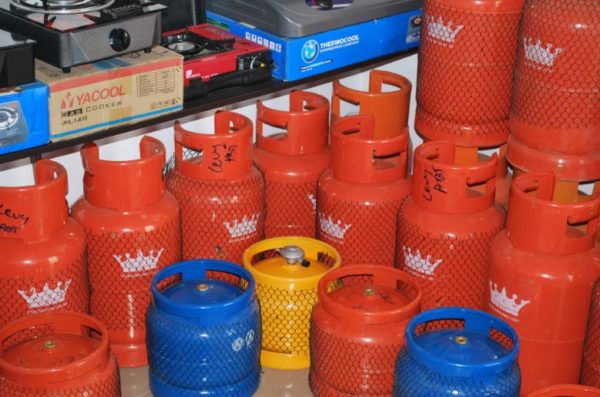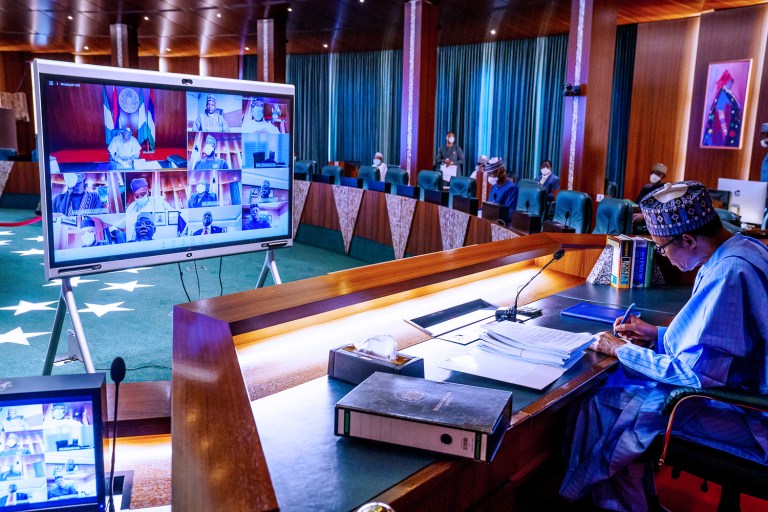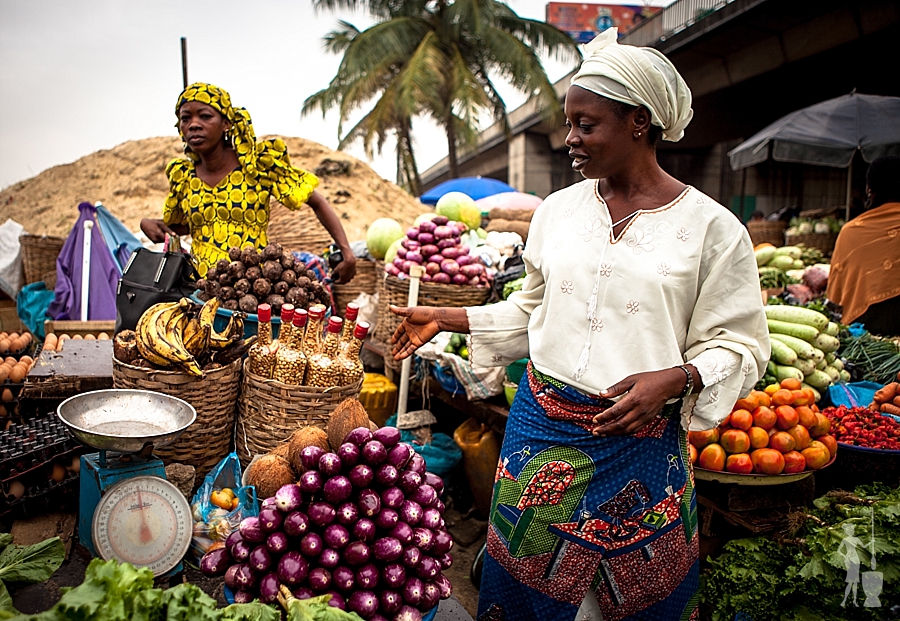Some energy stakeholders have advocated a gas pricing mechanism that supports a willing buyer – willing seller pricing framework to further unlock Nigeria’s huge gas potentials in meeting domestic requirements and contributing to the country’s economy.
They made the call at the Nigerian-British Chamber of Commerce (NBCC) Energy Group Event that held virtually and physically on Wednesday.
The event had the theme: “Nigeria’s Downstream Oil and Gas Industry- Navigating Post-PIA Realities Confirmation”.
Mr Ed Ubong, Managing Director, Shell Nigeria Gas, stressing the need for clarity with regards to gas pricing, said a cost reflective mechanism must be adopted to allow free movement and availability of the product.
Ubong, also President, Nigerian Gas Association, added that the increase in global demand for gas must lead to increased gas development and production in the country.
“We must increase gas supply for domestic consumption and exports even though there is need for clarity with regards to pricing.
“Gas remains the cheapest energy source for local manufacturing to grow the manufacturing sector.
“Over 85 million Nigerians do not have access to electricity but this provides an opportunity to provide energy through gas to help unlock the huge gas potentials that Nigeria already has,” he said.
Mrs Audrey Joe-Ezigbo, Deputy Managing Director, Falcon Cooperation Limited, noted that the Petroleum Industry Act (PIA) was still very much in its early days to assess its impact on the gas industry.
She, however, stated that challenges facing the gas industry with pricing, commercialisation and funding must be tackled very quickly to address uncertainties in the minds of investors and players in the sector.
Joe-Ezigbo stressed that the tax incentives, and funding opportunities in the PIA must be deployed in an efficient and more timely manner to help the sector reach its full potentials in this decade of gas.
“There is a narrowing window for Nigeria to get things right in the global market even though we are in the process, but it is important for us not to derail from the advantages gotten so far given the fact that it is a pre-election year.
“I acknowledge government’s efforts in trying to see how we can leverage gas via its sensitisation on the utilisation of Liquefied Petroleum Gas (LPG) to build a more resilient domestic gas market.
“However, investors need to be sure they have bankable projects.
“Therefore, there’s work to be done from the PIA implementation perspective, regulatory perspective for a commercial framework that works and is bankable within the gas sector.
“There’s also need to pull in more investments in gas infrastructure across the gas value chain, streamline agencies, and adopt privatisation process in a very timely manner.
“This is to ensure profit oriented, cost efficient view point for the sector to engender sustainable partnership between government and the private sector,” she said.
Mr Adetunji Oyebanji, Managing Director, 11 Plc, noting that the intentions of PIA were well thought out in line with international best practices, stated that even countries’ constitutions required amendments from time to time.
He described the expected social impact of some sections of the PIA which has been suspended as unfortunate and urged for its implementation as soon as possible to reap its benefits.
He added that the country, not fully deregulating its downstream sector would lead to increased debt ratio and borrowing levels against the negative social impacts that come with full deregulated.
“The country should find ways to minimise the social impact on the most vulnerable members of the society as against avoiding it totally.
“The PIA wanted market forces to determine what gives as a deregulated market would ensure that cost of petrol would not be what it is but its lack of implementation makes it look as if players are not important.
“Should the war in Ukraine persist, and the Naira continue to depreciate, prices of petroleum products would continue to go up,” he said.
Mr Farouk Ahmed, Chief Executive Officer, Nigerian Midstream and Downstream Petroleum Regulatory Authority (NMDPRA), expressing belief in the willing buyer and seller mechanism, called for more consultation for its implementation.
Ahmed, represented by Mr Olasupo Agbaje, General Manager, Economic Regulations and Strategy, NMDPRA, said that a major goal of the PIA was to promote competition, attract investments amongst others goals.
He noted that the decade of gas project was one of the authority’s priority and assured of the NMDPRA intervention to ensure that lots of infrastructure were brought into the gas space so that the key objectives of the PIA are not derailed.
Ahmed said that to navigate the post PIA realities, some rough edges in the PIA must be adequately managed.
He stated that the authority was committed to fixing regulations that were mostly competitive and supportive of investments in Nigeria.
“We are also deploying mechanisms to promote the PIA seamless implementation via a stakeholders engagement to hold from July 4-7, 2022 for optimal stakeholders inclusiveness.
“We have put in place effective organisational management plans, and are upgrading and adopting digital technology that supports the implementation of the PIA.
“We are also accelerating our human capital development drive and placing strong corporate governance for integrated agencies for easy transition to the robust environment created by the PIA,” he said.
Ms Bisi Adeyemi, President, NBCC, represented by Mr Ray Atelly, Deputy President, NBCC, noted most laws and regulations before the PIA were outdated and out of tune with current realities.
Adeyemi said that it was time to re-articulate a clear roadmap setting clear priorities aimed at progressing towards harnessing the potentials of the PIA.
“The NBCC would continue to use its platform to advocate and protect the interest of its members by bringing to the fore matters such as this deserving of attention for them to leverage the opportunities therein,” she said.














